PARIS (AP) – In Paris’ outskirts, a bright-eyed young girl is eager for the Olympic and Paralympic Games to end. That’s because the swimming club where 10-year-old Lyla Kebbi trains will inherit an Olympic pool. It will be dismantled after the Games and trucked from the Olympic race venue in Paris’ high-rise business district to Sevran, a Paris-area town with less glitter and wealth.
There, the pieces will be bolted back together and – voila! – Kebbi and her swim team will have a new Olympic-sized pool to splash around in.
“It’s incredible !” she said. “I hope it’s going to bring us luck,” added her mother Nora.
In 100 days as of Wednesday, the Paris Olympics will kick off with a wildly ambitious waterborne opening ceremony. But the first Games in a century in France’s capital won’t be judged for spectacle alone.
Another yardstick will be their impact on disadvantaged Paris suburbs, away from the city-centre landmarks that are hosting much of the action.
By promising socially positive and also less polluting and less wasteful Olympics, the city synonymous with romance is also setting itself the high bar of making future Games generally more desirable.
Critics question their value for a world grappling with climate warming and other emergencies.
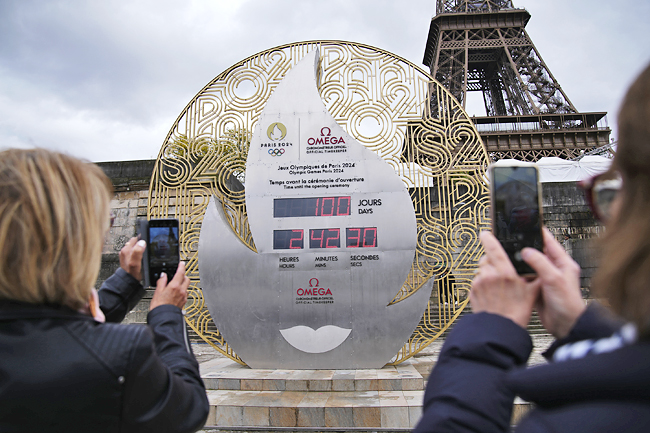
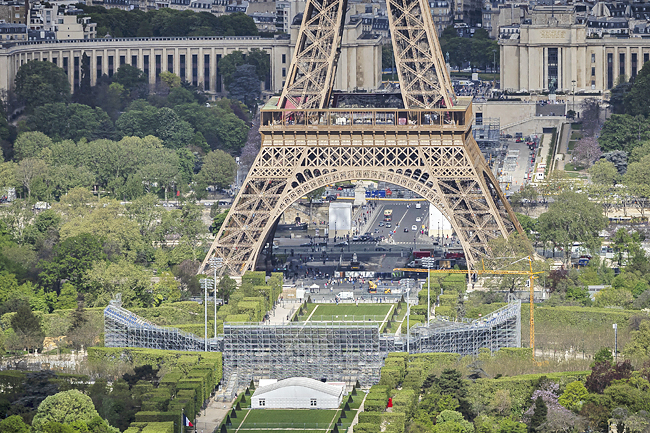
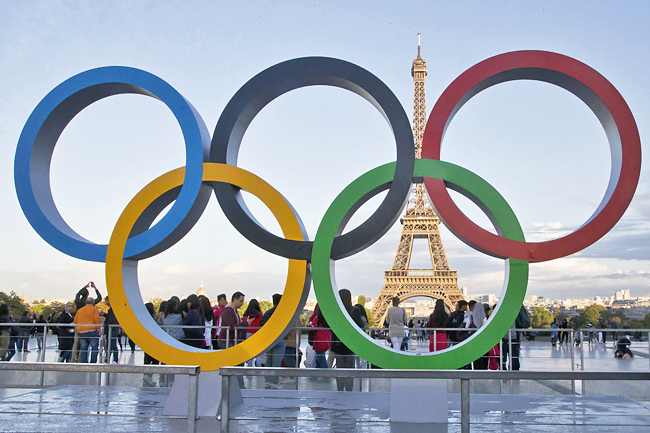
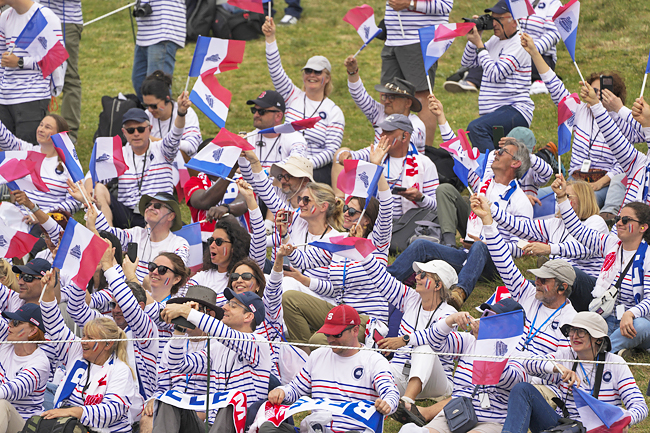
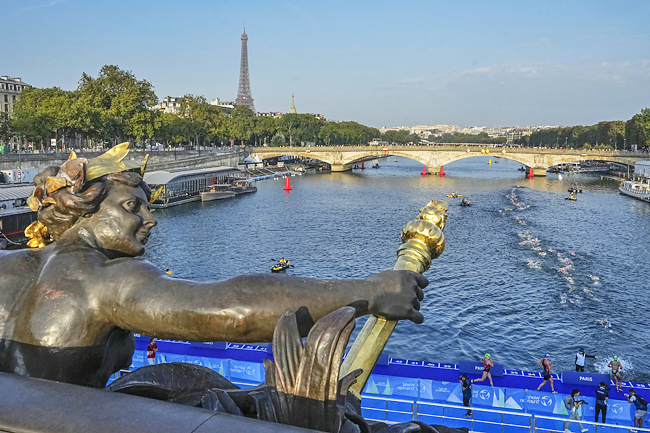
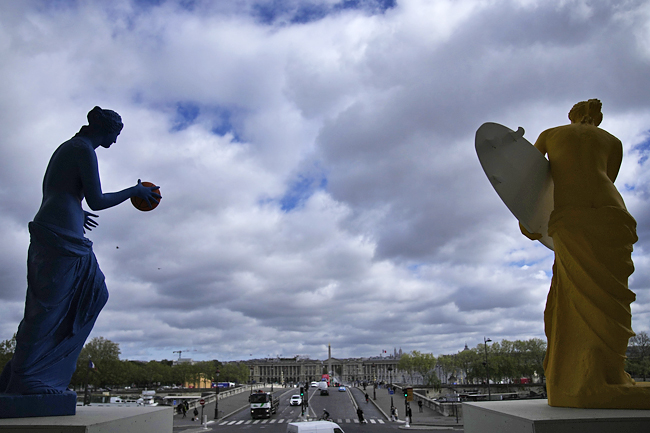
Potential host cities became so Games-averse that Paris and Los Angeles were the only remaining candidates in 2017 when the International Olympic Committee (IOC) selected them for 2024 and 2028, respectively.
After scandals and the USD13 billion cost of the pandemic-delayed Tokyo Games in 2021, unfulfilled promises of beneficial change for host Rio de Janeiro in 2016 and the 2014 Winter Games in Sochi, the Switzerland-based IOC has moutains of scepticism to dispel. Virtous Summer Games in Paris could help the long-term survival of the IOC’s mega-event.
SPREADING BENEFITS BEYOND CENTRAL PARIS
The idea that the July 26 to August 11 Games and August 28 to September eighth Paralympics should benefit disadvantaged communities in the Seine-Saint-Denis region northeast of Paris was built from the outset into the city’s plans. Seine-Saint-Denis is mainland France’s poorest region.
Thanks to generations of immigration, it also is vibrantly diverse, counting 130 nationalities and more than 170 languages spoken by its 1.6 million inhabitants. For Seine-Saint-Denis kids facing racial discrimination and other barriers, sports are sometimes a route out. World Cup winner Kylian Mbappé honed his silky football skills as a boy in the Seine-Saint-Denis town of Bondy.
Once heavily industrialised, Seine-Saint-Denis became grim and scary in parts after many jobs were lost. Rioting rocked its streets in 2005 and again last year.
Concretely, the Games will leave a legacy of new and refurbished sports infrastructure in Seine-Saint-Denis, although critics say the investment still isn’t enough to catch it up with better equipped, more prosperous regions.
Mamitiana Rabarijaona grew up close to the Olympic stadium, built originally for the 1998 football World Cup. He said it didn’t provide much of a boost for Seine-Saint-Denis residents.
He believes the Olympics will be “a big party” and he will be among 45,000 volunteers who’ll be helping.
But he is not expecting Olympic-related investments to magically erase Seine-Saint-Denis’ many difficulties.
“It’s like lifting the carpet and brushing the dust underneath,” he said. “It doesn’t make it go away.”
Seine-Saint-Denis got the new Olympic village that will become housing and offices when the 10,500 Olympians and 4,400 Paralympians have left.


